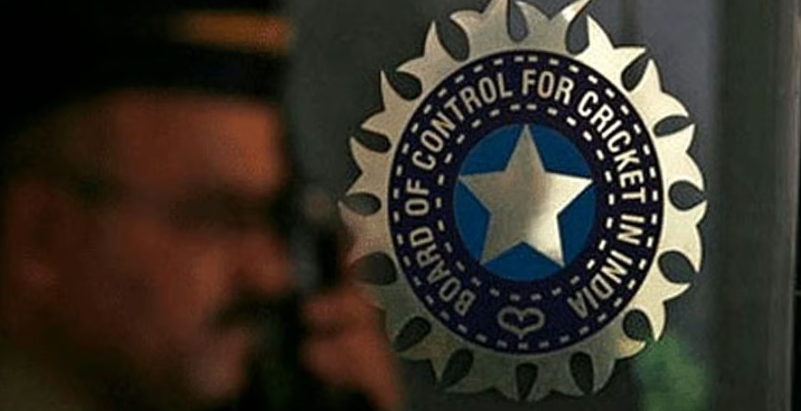In one of the most significant legal judgments in Indian cricket history, the Bombay High Court on May 30, 2025, ruled in favor of the now-defunct Kochi Tuskers Kerala franchise, ordering the Board of Control for Cricket in India (BCCI) to pay a staggering ₹538 crore. The verdict marks the conclusion of a legal battle that has stretched over a decade and delivers a major financial blow to the richest cricket board in the world.
This ruling has not only shaken the BCCI’s fiscal planning but also reignited debates over franchise rights, administrative accountability, and the governance of India’s favorite sport.
🏏 Background: What Led to the Legal Dispute?
The controversy dates back to 2011, when the Kochi Tuskers Kerala (KTK), a franchise co-owned by the Rendezvous Sports World, participated in the IPL 2011 season. Despite finishing eighth, the team showed potential and drew decent fan engagement.
However, after just one season, the BCCI terminated KTK’s contract, citing a breach of the franchise agreement related to an unpaid bank guarantee. The franchise, on the other hand, argued that the board acted in bad faith and failed to provide reasonable time to address the concerns.
In response, Kochi Tuskers filed a case seeking compensation for unlawful termination, lost investments, and future revenue damages. In 2015, an arbitration panel ruled in favor of the franchise, awarding them damages, but the BCCI challenged the ruling in multiple courts over the years.
⚖️ The 2025 Bombay High Court Verdict
On May 30, 2025, the Bombay High Court upheld the arbitration award and directed the BCCI to pay ₹538 crore, inclusive of interest and penalties, to Kochi Tuskers’ owners. The court dismissed BCCI’s contention that the franchise had materially violated the agreement.
Key highlights from the ruling:
- The court reaffirmed that the termination was premature and disproportionate.
- BCCI was criticized for “acting arbitrarily without due consideration of procedural fairness.“
- Interest calculated from 2015 raised the total payable amount significantly beyond the original ₹300 crore compensation.
💰 Financial Implications for BCCI
While the BCCI remains the wealthiest cricket board globally, boasting significant revenues from IPL media rights (estimated at ₹48,390 crore from 2023–2027 cycle), a ₹538 crore cash outflow is not insignificant. Sources within the board revealed that the legal team is exploring the possibility of a Supreme Court appeal, although chances appear slim after multiple judicial setbacks.
The payout may affect:
- Domestic tournament subsidies to state associations.
- Central contract bonuses for players in FY 2025–26.
- Future IPL expansion or infrastructure development projects.
Analysts also warn that the ruling might embolden other past or existing stakeholders with grievances against the board to pursue legal action.
📉 Reputational Damage and Accountability Questions
Beyond the financial impact, this case has dented the BCCI’s administrative credibility. Several questions are now being raised in the media and cricketing circles:
- Why did the board not settle this earlier to avoid accruing interest and prolonged litigation?
- Should there be a review mechanism for IPL governance and dispute resolution?
- Will the current office bearers take responsibility for inherited legal mismanagement?
Former cricketer and administrator Anil Kumble remarked in a media interaction on June 2, 2025, “This was avoidable. A professional board should never let such matters linger for over a decade. Transparency is key.”
🧾 What’s Next?
The BCCI has 45 days from the judgment date to comply with the order or file for a stay in the Supreme Court. Meanwhile, Kochi Tuskers’ owners have expressed interest in possibly re-entering the IPL circuit, if compensated or allowed a fresh bid opportunity in future expansions.
With the 2025 IPL season wrapped up and preparations already underway for the ICC Champions Trophy 2025, this ruling has arrived at a crucial juncture for Indian cricket administration.
🏁 Conclusion
The ₹538 crore ruling is more than just a legal loss—it is a wake-up call for the BCCI. As the governing body of the sport in a cricket-obsessed nation, it must balance power with accountability, ensuring that stakeholders—whether players, fans, or franchises—receive fair and transparent treatment.
Whether this verdict becomes a turning point in BCCI’s legal approach or just another high-stakes episode remains to be seen. But for now, the board must deal with one of its costliest mistakes to date.



